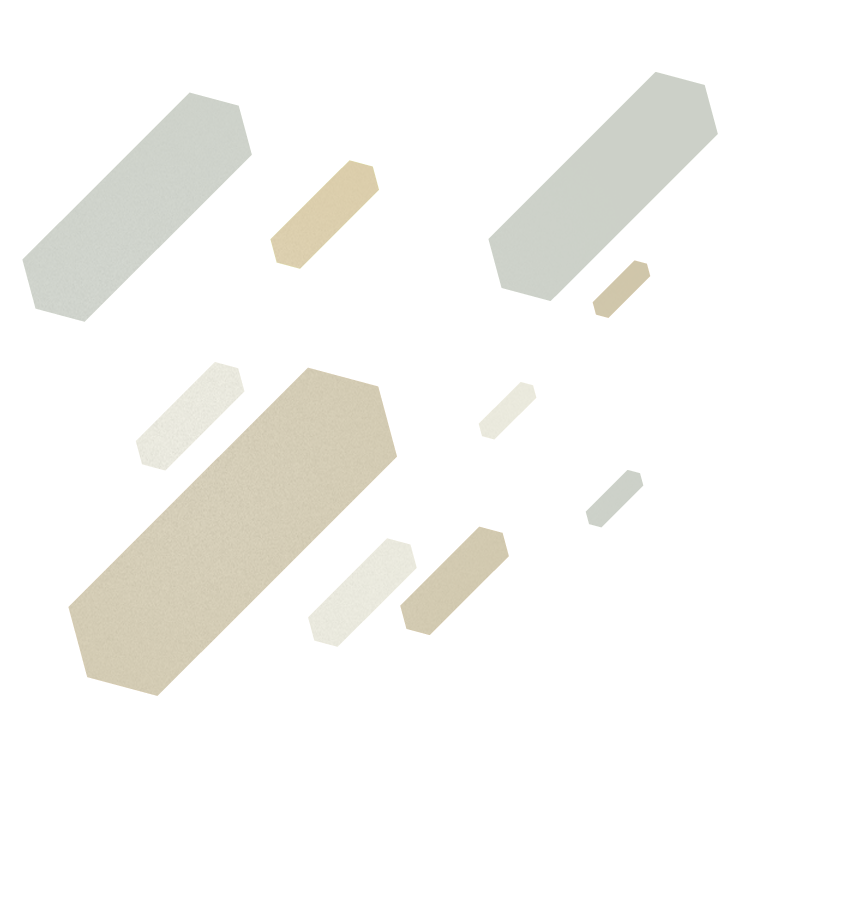


(1933–2010)
One of the most original voices in contemporary music, he studied composition with Bolesław Szabelski at the State High School of Music in Katowice. His works first made their mark in the mid-1950s when he found himself at the forefront of the Polish avant-garde during the post-Stalinist cultural thaw. His early pieces show a clear development from the folk-influenced worlds of Szymanowski and Bartók in the Four Preludes for piano (1955) and Songs of Joy and Rhythm (1956) to the modernist techniques of Webern and Boulez in Epitaph (1958) and Symphony No. 1 (1959). During the 1960s he continued his radical direction in Genesis (1962–63) and Muzyczka (La Musiquette) Nos. 1, 2 and 3 for various instrumental ensembles (1967; La Musiquette No. 4 dates from 1970). At the same time Górecki simplified his compositional approach and explored the folk music traditions in works such as Three Pieces in Old Style (1963) and Old Polish Music (1967–69). The simple yet monumental style for which Górecki is renowned today became fully established in the 1970s with works such as Symphony No. 2 “Copernican” (1972), Symphony No. 3 “Symphony of Sorrowful Songs” (1976) as well as the Psalm setting Beatus vir (performed in Cracow on the occasion of Pope John Paul II’s visit to Poland in 1979).
In the early 1980s, following the imposition of martial law in Poland, Górecki withdrew from public life and concentrated on choral settings and chamber music (Recitativa e ariosa “Lerchenmusik”, 1984–85). In the latter part of the decade, as a result of Poland’s increasing political emancipation, Górecki’s music attracted new performers and audiences in the West. This renewed interest led to the composition of two string quartets, “Already It Is Dusk” (1988) and “Quasi una fantasia” (1991, both commissioned by the Kronos Quartet). In November 2005 the Kronos Quartet gave the world premiere (in Bielsko-Biała, Poland) of yet another commission from Górecki – the String Quartet No. 3 “...songs are sung”. Górecki’s music is performed throughout the world – at subscription concerts, concerts devoted exclusively to his works, and at prestigious festivals. Many choreographies have been devised to his music. A series of new recordings on the Nonesuch label has proven a great success.
Górecki received numerous honorary doctorates, including from the Academy of Catholic Theology in Warsaw (1993), University of Warsaw (1994), Catholic University in Washington, University of Michigan in Ann Arbor, Victoria University in Victoria, Canada, and the University of British Columbia in Montreal.
Selected works: Four Preludes for piano (1955), Songs of Joy and Rhythm for two pianos and chamber orchestra (1956–60), Epitaph for mixed choir and instrumental ensemble, to words by Julian Tuwim (1958), Symphony No. 1 “1959” for string orchestra and percussion (1959), Scontri for orchestra (1960), Genesis cycle: I Elementi for string trio (1962), II Canti strumentali for three violins, three violas, two flutes, trumpet, mandolin, guitar, piano four hands and percussion (1962), III Monodramma for soprano, percussion and six double basses (1963), Three Pieces in Old Style for strings (1963), Choros I for string quartet (1964), Refrain for orchestra (1965), La Musiquette No. 1 for two trumpets and guitar (1967), La Musiquette No. 2 for four trumpets, four trombones, two pianos and percussion (1967), La Musiquette No. 3 for three violas (1967), Old Polish Music for orchestra (1967–69), Cantata for organ (1968), Canticum graduum for orchestra (1969), La Musiquette No. 4 “Trombone Concerto” for clarinet, trombone, cello and piano (1971), Ad Matrem for soprano, mixed choir and orchestra (1970), Symphony No. 2 “Copernican” for soprano, baritone, mixed choir and large orchestra (1972), Amen for mixed a cappella choir (1975), Symphony No. 3 “Symphony of Sorrowful Songs” for soprano and large symphony orchestra (1976), Beatus vir, psalm for solo baritone, choir and orchestra (1979), Broad Waters, five songs for mixed a cappella choir (1979), Concerto for Harpsichord (or Piano) and String Orchestra (1980), Miserere for a cappella choir (1981), My Vistula, Grey Vistula, folk songs for mixed a cappella choir (1981), Lerchenmusik, recitatives and ariosos for clarinet, cello and piano (1985–86), For You, Anne-Lill for flute and piano (1986, rev. 1990), Totus Tuus for a cappella choir (1987), String Quartet No. 1 “Already It Is Dusk” (1988), Good Night for soprano, alto flute, piano and three tam-tams (1990), String Quartet No. 2 “Quasi una fantasia” (1991), Concerto-Cantata for flute and orchestra (1992), Kleines Requiem für eine Polka for piano and 13 instruments (1993), Come Holy Spirit for mixed a cappella choir (1993), Five Kurpian Songs for mixed a cappella choir (1999), Salve, sidus Polonorum, Cantata in Honour of St. Adalbert for large mixed choir, two pianos, organ and percussion ensemble (1997–2000), Lobgesang for choir and glockenspiel (2000), Quasi una fantasia for string orchestra (2002), String Quartet No. 3 “...songs are sung” (1995–2005).




